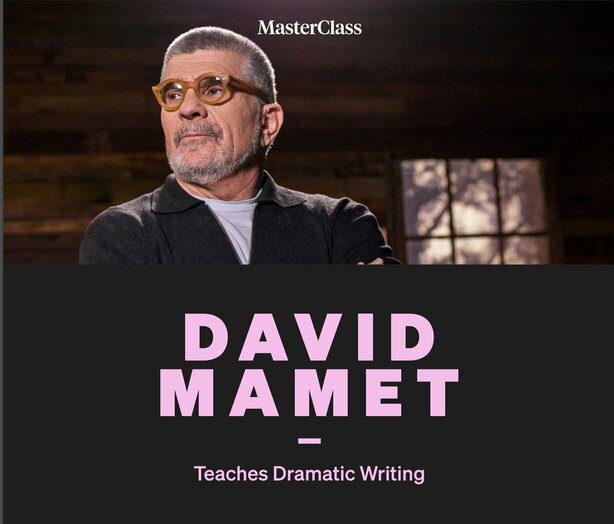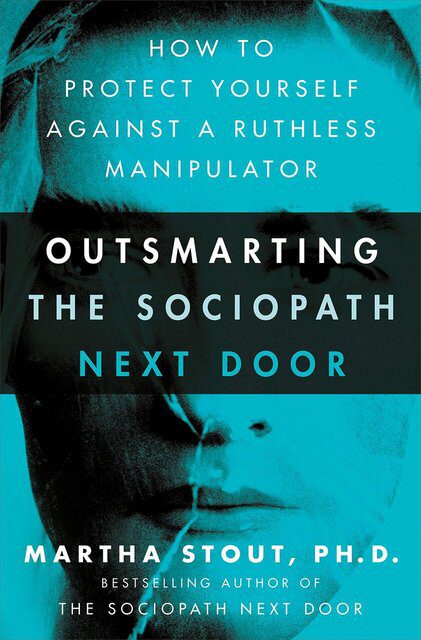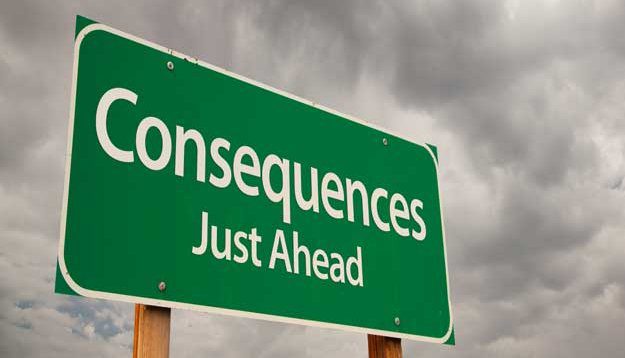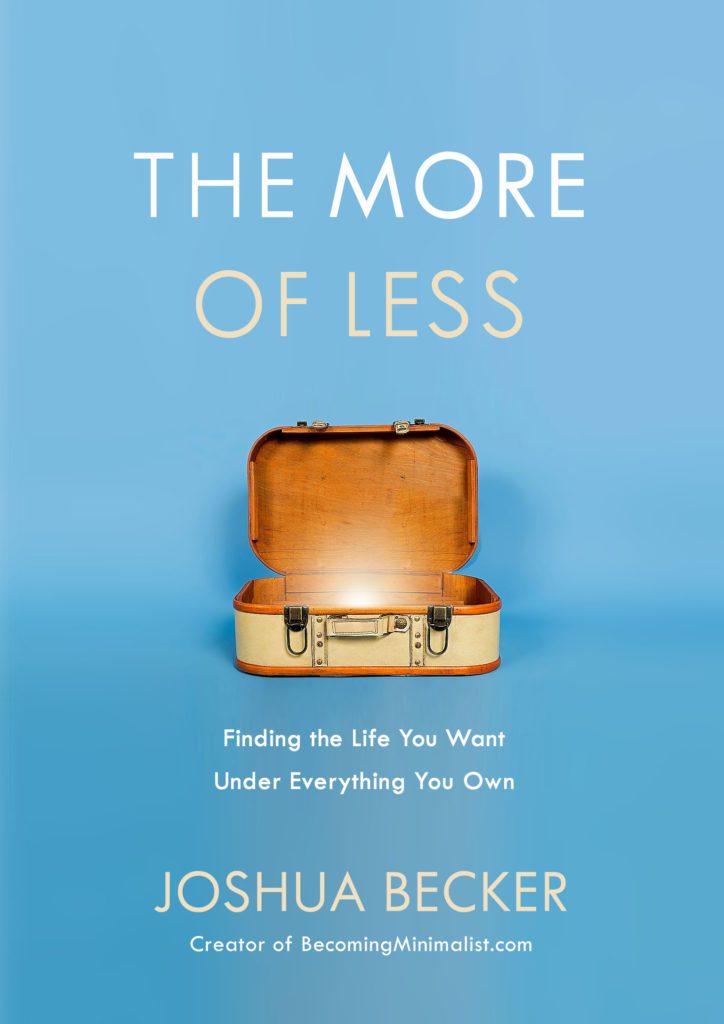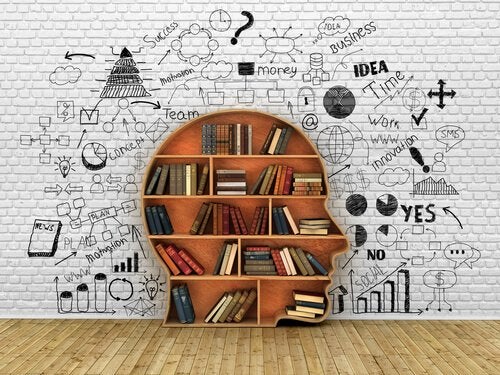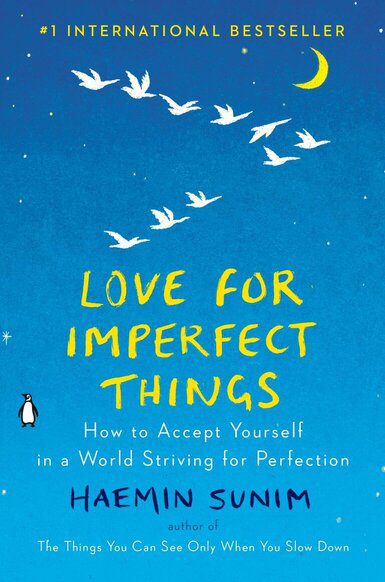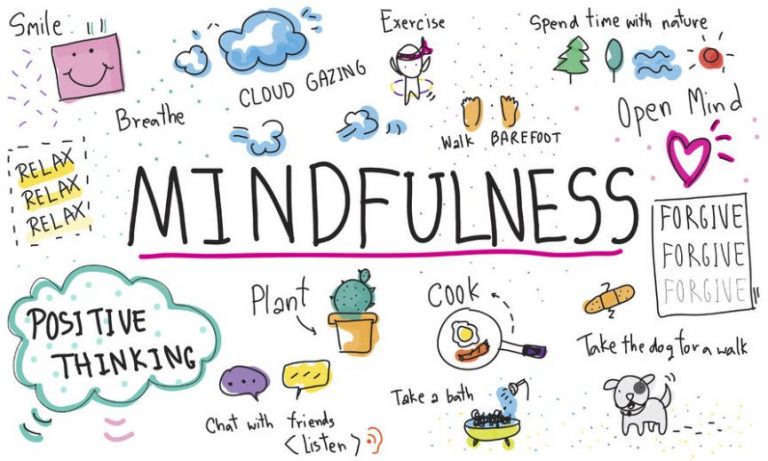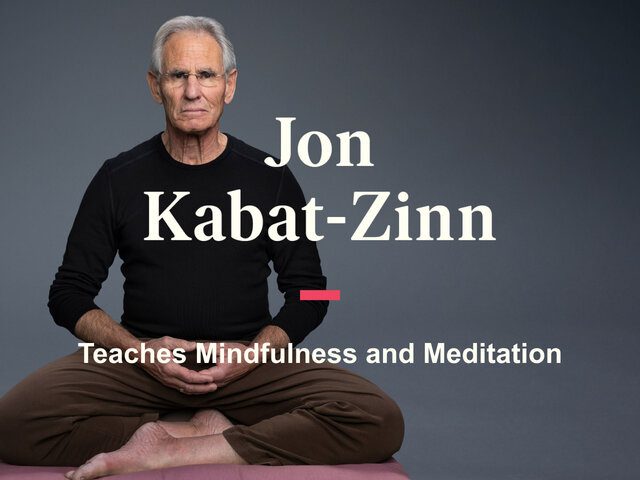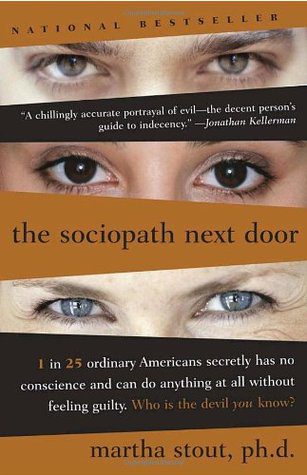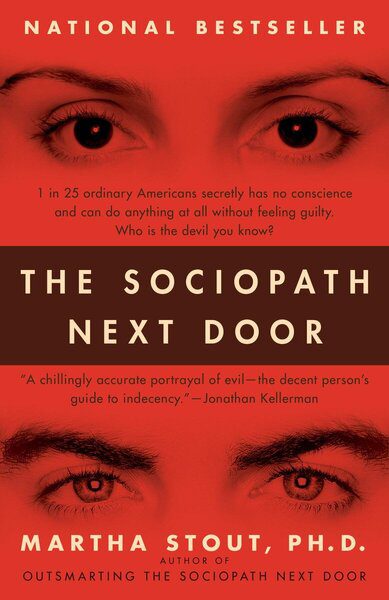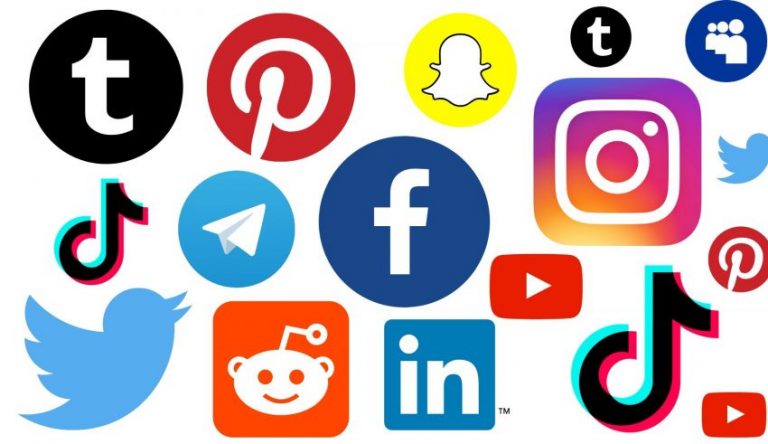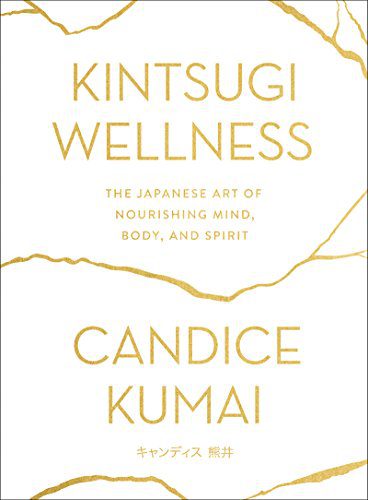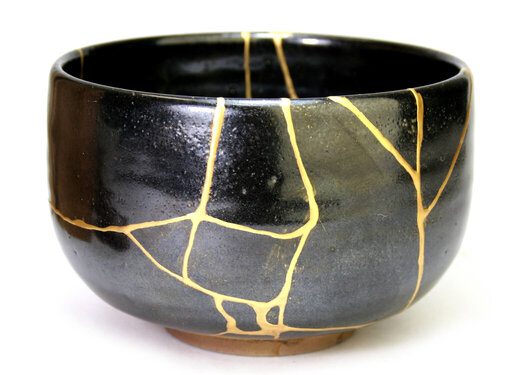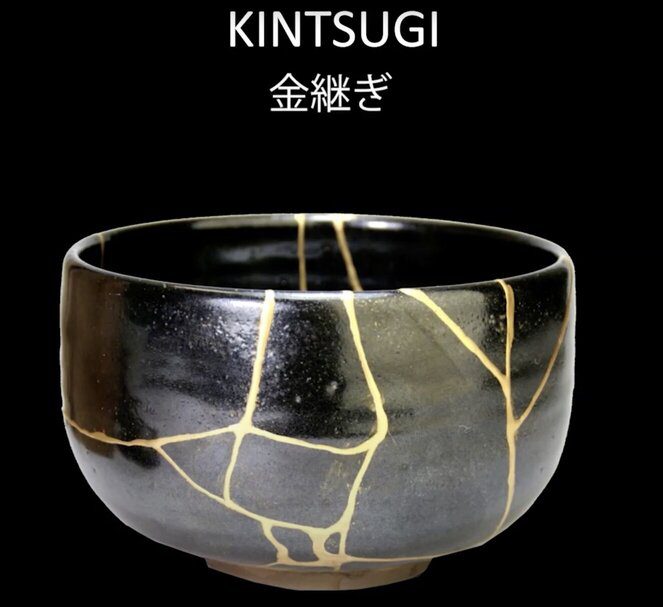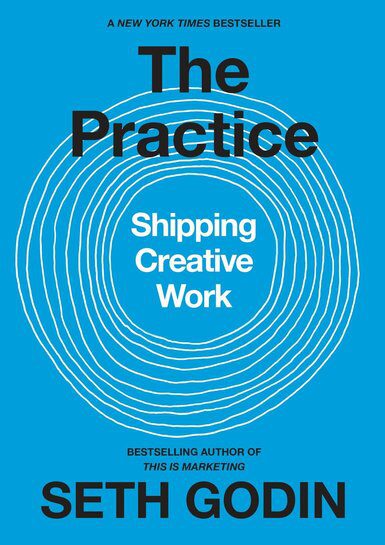David Mamet, Pulitzer Prize-winning playwright, award-winning screenwriter, and renowned film director, teaches the art of dramatic writing in this Masterclass.
David Mamet was born in 1947 and raised in Chicago, Illinois. He attended Goddard College in
Vermont, graduating in 1969 with a degree in English literature but considers the Chicago Public
Library his alma mater. A prolific dramatist, David won the 1984 Pulitzer Prize for drama in 1984
for Glengarry Glen Ross and earned a reputation for writing working-class characters and for his
trademark dialogue. In 1985, David and actor William H. Macy founded the Atlantic Theater
Company, an off-Broadway nonprofit theater. To date, he has written 36 plays, 29 screenplays, 17
books, and directed 11 films.
